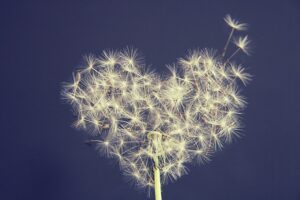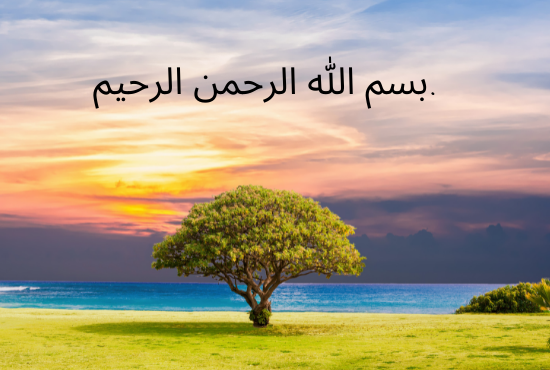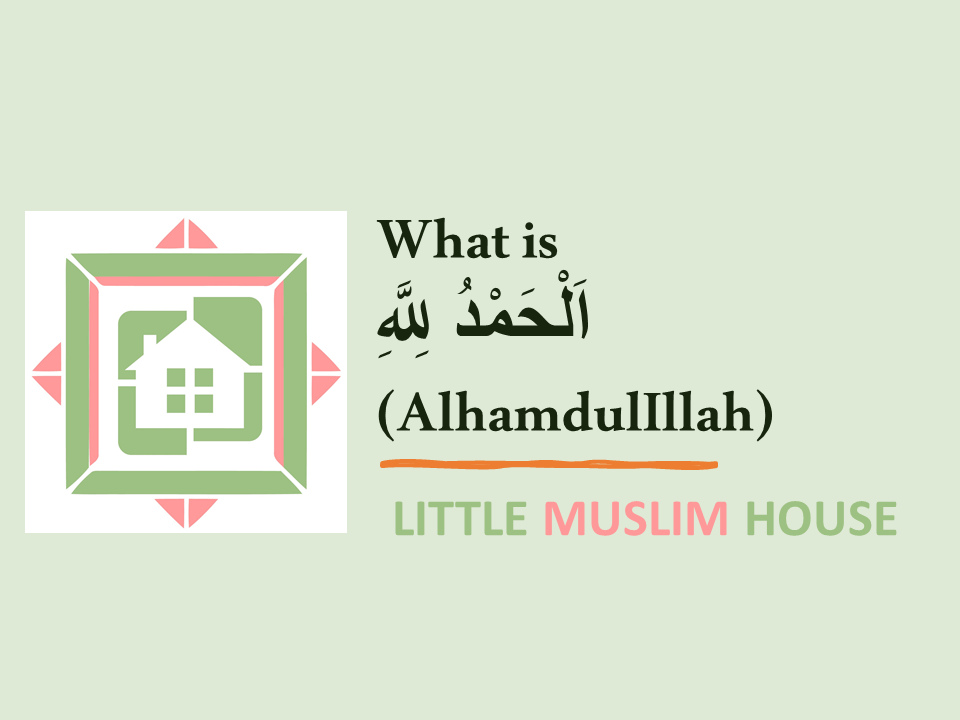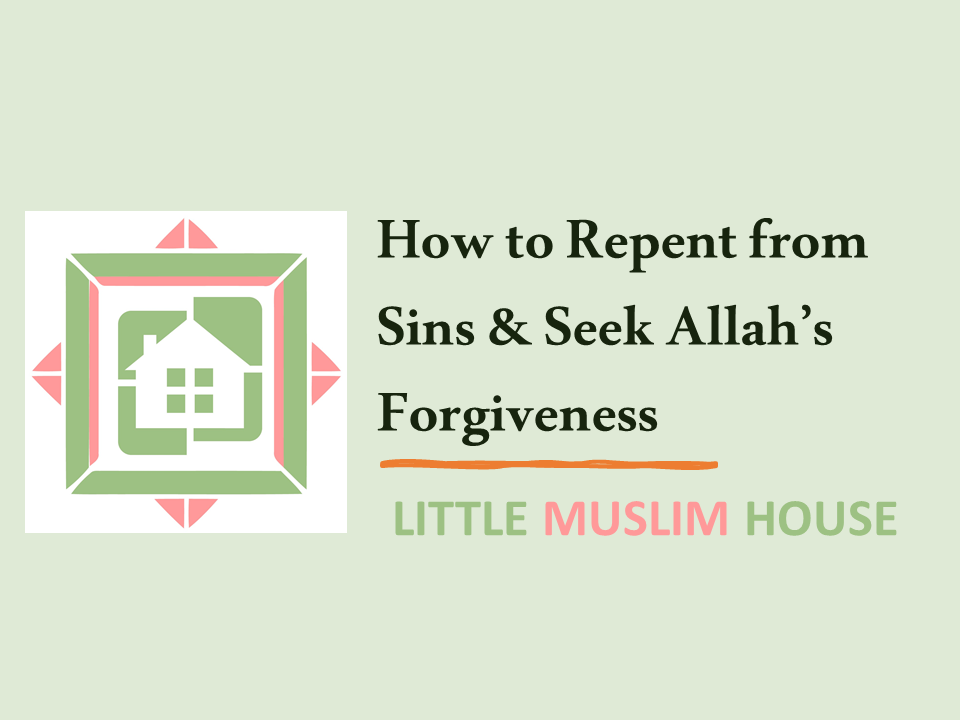The place I reside in is known for it’s bad drivers. Occasionally while driving, I find myself very agitated by the actions of certain less than civil fellow motorists. Quite often I blurt out words that shortly thereafter I find myself regretting & then seeking Allah’s forgiveness. A few weeks back I was listening to a lecture by a renowned Sheikh, and he spoke about the language and everyday words of the Messenger of Allah (PBUH) & the Sahaba (May Allah Be Pleased With Them). Whenever something happened (good or bad) they would respond with something either praising Allah or seeking protection from Allah. In contrast, the Sheikh mentioned that the first words that come out of our mouths (or to mind) in any extreme situation (good or bad) are obscenities of various degrees.
Psychologist’s will tell you that language affects thought, and by extension your personality. By allowing such language on our tongues & our thought processes, we not only repel Allah’s blessing, but we also open the door for Shaitaan. We have been so conditioned by media and people around us that we think this is the norm.
We should always strive to develop good habits in our daily lives as worshipers of Allah. We should also set a good example for each other & future generations. Choosing the right words will also shape our personality the right way. With those thoughts in mind, I went about compiling this list of common, most obvious phrases that RasulUllah (PBUH) & the Sahaba used in their everyday language. I pray that it is of benefit.
BismIllah ArRahman ArRaheem
بسم الله الرحمن الرحيم
“In the name of Allah the Beneficent, the Merciful.”
This is probably the most obvious. Aside from reciting it before reading the Quran or in Salah, we should recite this before we start any activity. Saying BismIllah repels Shaitaan, and draws in Allah’s blessings. Other times BismIllah should be recited are as follows (along with other Dua’s for each particular situation):
- Before eating
- Upon entering or leaving the house
- Before Wudhu (ablution)
- Before slaughtering animals
- Before relations with the spouse
- When in a potentially dangerous situation e.g. an emergency on the roads
In numerous hadiths, it is said that the one who remembers to say Bismillah is in the best of circumstances.
Narrated by Umm Kulthum: “The Prophet of Allah (PBUH) told Aishah: “When one of you eats food, then let him say: ‘Bismillah.’ If he forgets in the beginning, then let him say: ‘Bismillah Fi Awwalihi Wa Akhirih (In the Name of Allah in its beginning and its end.).”
It is reported by Jabir (May Allah be pleased with him) is: I heard Messenger of Allah (PBUH) saying, “If a person mentions the name of Allah upon entering his house or eating, Satan says, addressing his followers: ‘You will find nowhere to spend the night and no dinner.’ But if he enters without mentioning the Name of Allah, Satan says (to his followers);” You have found (a place) to spend the night in, and if he does not mention the Name of Allah at the time of eating, Satan says: ‘You have found (a place) to spend the night in as well as food.” [Saheeh Muslim]
Audhu BIllahi Minash Shaitaan ArRajeem
أعوذ بالله من الشيطان الرجيم
“I seek refuge in Allah from the cursed Shaitan”
Protection from Allah against Shaitaan should should be sought before anything we do. Doing so weakens Shaitaan’s ability to influence us. The situations where this Dua is recited are obvious such as in Salah, before reading the Quran, when fearing Shaitaan’s influence. A less obvious situation is when someone wakes up from a bad dream.
Abu Salama reported : I used to see dreams (and was so much perturbed) that I began to quiver and have temperature, but did not cover myself with a mantle. I met Abu Qatada and made a mention of that to him. He said: I heard Allah’s Messenger (PBUH) as saying: A good vision comes from Allah and a (bad) dream (hulm) from devil. So when one of you sees a bad dream (hulm) which he does not like, he should spit on his left side thrice and seek refuge with Allah from its evil; then it will not harm him. [Saheeh Muslim]
AlhamdulIllah
الحمد لله

“Praise be to Allah”
(OR All praise is for Allah)
This should be the default phrase we utter whenever something good happens. By saying Alhamdulillah, we expresses our gratitude to Allah. The very word Alhamdulillah implies that a person is grateful, whether it be for a simple gift of life, or success, or health, or strength. We should also not forget to say this when we are afflicted with some misfortune because it was the decree of Allah, and could have been a lot worse.
In the Quran, Allah Almighty says:
“And remember when your Lord proclaimed, ‘If you are grateful, I will certainly give you more. But if you are ungrateful, surely My punishment is severe.'” (14:7)
The verse suggests clearly that making it a habit of saying AlhamdulIllah often allows us to get more of Allah’s blessings and rewards.
Here is a hadith on Importance of Remembering Allah or Alhamdulillah described by Abu Malik Al-Ash’ari (may Allah be pleased with him):
The Messenger of Allah (ﷺ) said: “Purity is half of iman (faith). ‘Al-hamdu lillah (all praise and gratitude belong to Allah)’ fills the scales, and ‘subhan-Allah (how far is Allah from every imperfection) and ‘Al-hamdulillah (all praise and gratitude belong to Allah)’ fill that which is between heaven and earth.”
Grade: Sahih (Al-Albani)
English reference: Book 40, Hadith 927
Examples of when to say AlhamdulIllah
- When you succeed at anything
- When we hear good news
- When someone sneezes
- Something good or even bad happens
- AlhamdulIllah is the perfect expression to replace “Thank God.”
Astaghfirullah
استغفر اللہ
“I seek forgiveness of Allah”
We tend to forget the power of the simple word “Astaghfirullah,” which means, “I pray for forgiveness of Allah.” If we make Istighfar, it has lots of benefit. Consider the following:
- Istighfar opens the door of Allah’s mercy
- If we make Istigfar genuinely determined not to commit a particular sin again, it is accepted even if we return to it unintentionally
- A door to sustenance is left open by Istighfar – similar to AlhamdulIllah, if one is in need of more Rizq from Allah, Istighfar opens the door for that
Our prophet Muhammad (PBUH) always recited it at least a hundred times per day.
Abdullah bin Abbas (May Allah be pleased with him) narrates that Rasulullah (ﷺ) said:
“The one who (regularly) says Istighfaar, that is, frequently repent to Allah Ta’aala for sins committed, Allah Azza Wa-Jal will open a path from poverty and difficulties. All sorrow and hardship will be removed, and in its place prosperity and contentment granted. One will receive sustenance from unimagined and unexpected sources.”
SubhanAllah
سبحان اللہ
“Glory be to God”
SubhanAllah does not have a single accurate translation in English. However, it is generally understood to mean “Glory to God”, “Allah is perfect,” or “how free from any imperfections is Allah,” “may His name be exalted.”
When do you say, SubhanAllah?
The appropriate times to utter this is when one is amazed and when one is delighted, a miracle occurs or when something extraordinary happens. Ideally you would say SubhanAllah instead of saying “Incredible!”, or “Unbelievable!”
Sa’d bin Abu Waqqas (May Allah be pleased with him) reported: “We were with the Messenger of Allah (peace be upon him) when he asked, ‘Is anyone of you unable to earn a thousand good deeds?’ One of those present asked: ‘How can one earn thousand good deeds in a day?’ He (PBUH) replied, ‘By saying: SubhanAllah a hundred times, then one thousand good deeds will be recorded for him or one thousand sins will be blotted out from his record.'” [Muslim]
La Hawla Wala Quwwata Illa BIllah
لا حول ولا قوة إلا بالله
“There is no power and no strength but from Allah”
Essentially, this phrase indicates a person’s acceptance that he has no power and is unable to accomplish anything without the help of Allah. It reaffirms in our minds that nothing in existence can offer any protection without the protection of Allah.
This can be uttered when one is suffering some great hardship or dealing with some complicated matter. When we utter this phrase, Allah makes matters easy for us
It was narrated that Abu Dharr said: “The Messenger of Allah (PBUH) said to me: “Shall I not tell you of a treasure which is one of the treasures of Paradise?’ I said: ‘Yes, O Messenger of Allah.’ He said: ‘La hawla wa la quwwata illa billah (There is no power and no strength except with Allah).'” (Sahih – Sunan Ibn Majah)
MaShaaAllah
ماشاء الله
“Allah has willed it”
The complete form of MashaaAllah is to say:
“Ma Shaa Allah La Quwata Illa BIllah” (Allah has willed it, there is ) (18:39)
Usually, we use the Arabic phrase MaShaaAllah when we admire something good that belongs to us, for example our children, our house or our car.
The word means “Allah has willed it” or “From Allah’s will”. Besides being an Arabic expression of gratitude and appreciation for Allah, the phrase MaShaaAllah also indicates that whatever happens, does so by His will. Usually, it is used to praise Allah and thank Him for what He has given us, and to ask for God’s blessings and protect our bodies and our belongings from the evil eyes of others and ourselves. We should make a habit of saying MaShaaAllah whenever we feel good about whatever of Allah’s blessings we have with us, whether it is our own reflection in the mirror, children, spouse or anything else.
Allahumma Barak
اللّهُـمَّ بارِكْ
“May Allah Bless”
The term is common among Muslims when admiring something belonging to someone else (the equivalent of MaShaaAllah, but for someone else), e.g. when admiring someone else’s car. It removes jealousy and protects from evil eyes.
InShaaAllah
إِنْ شَاءَ ٱللَّٰهُ
“Allah willing”
It is necessary for us to say InShaaAllah whenever we commit to doing something in the future. The statement is made to express the belief that nothing happens until Allah wills it and that His will is above all human desires. When we leave something to Allah, Allah will do what we hoped for or something better for us. We have been instructed in the Quran to say it:
Do not say anything, ‘I shall do such and such tomorrow,’ without adding, ‘Insha’Allah.’ And call your Lord to mind when you forget… (18:23-24).
JazaakAllah Khair
جزاك اللهُ
“May Allah reward you”
This phrase JazaakAllah Khair or JazaakumUllahu Khairan (if addressing more than one person), means “May Allah reward you with good (for what you did)”. This is a better replacement for thanking someone. We should say this to our brothers & sisters in Islam because reward from Allah is better than anything we can offer them. And when you offer a Dua for your fellow Muslim, angels make the same Dua for you – and their Dua has a better chance of getting accepted than yours.
Inna Lillah Wa Inna Ilayhi Raji’oon
إِنَّا لِلَّٰهِ وَإِنَّا إِلَيْهِ رَاجِعُونَ
“To God we belong and to Him we return”
This phrase is uttered when a calamity or a loss in life befalls someone, or is read upon hearing news of a Muslim’s death. With this phrase we invite the removal of the calamity from Allah, or to ease it’s passing.
Umm Salamah (May Allah be pleased with her) reported:I heard the Messenger of Allah (ﷺ) saying, “When a person suffers from a calamity and utters: ‘Inna lillahi wa inna ilaihi raji’un. Allahumma ujurni fi musibati, wakhluf li khairan minha (We belong to Allah and to Him we shall return. O Allah! Compensate me in my affliction, recompense my loss and give me something better in exchange for it), then Allah surely compensates him with reward and better substitute.” Umm Salamah (May Allah be pleased with her) said: When Abu Salamah (May Allah be pleased with him) died, I repeated the same supplication as the Messenger of Allah (ﷺ) had commanded me (to do). So Allah bestowed upon me a better substitute than him (I was married to Muhammad, the Messenger of Allah (ﷺ)).
[Muslim]
Final Words
As I have stated before, we should strive to develop good habits in our daily lives as worshipers of Allah. These words will not only improve our lives and close the doors on Shaitaan, but will also earn us Allah’s pleasure in the process.




